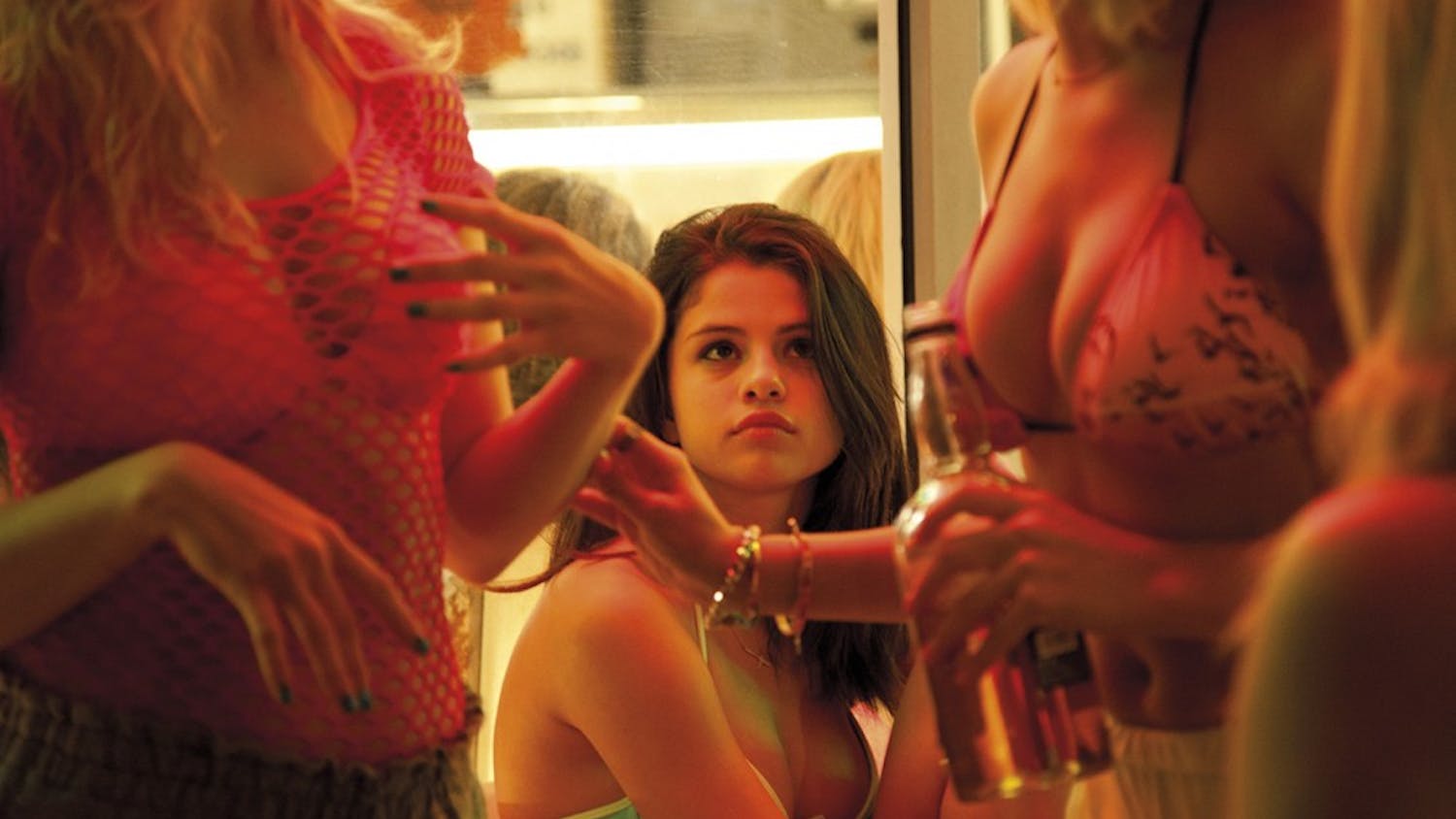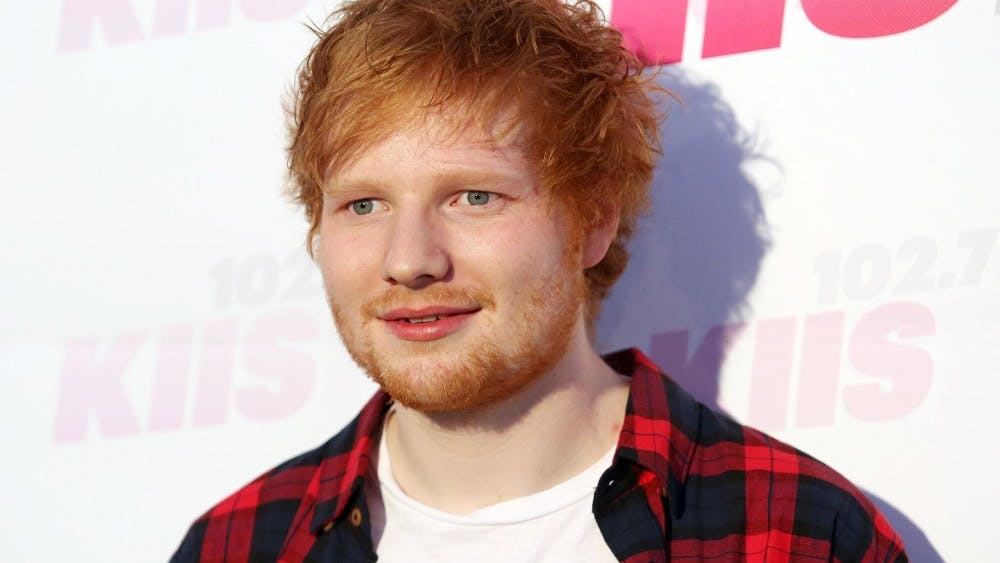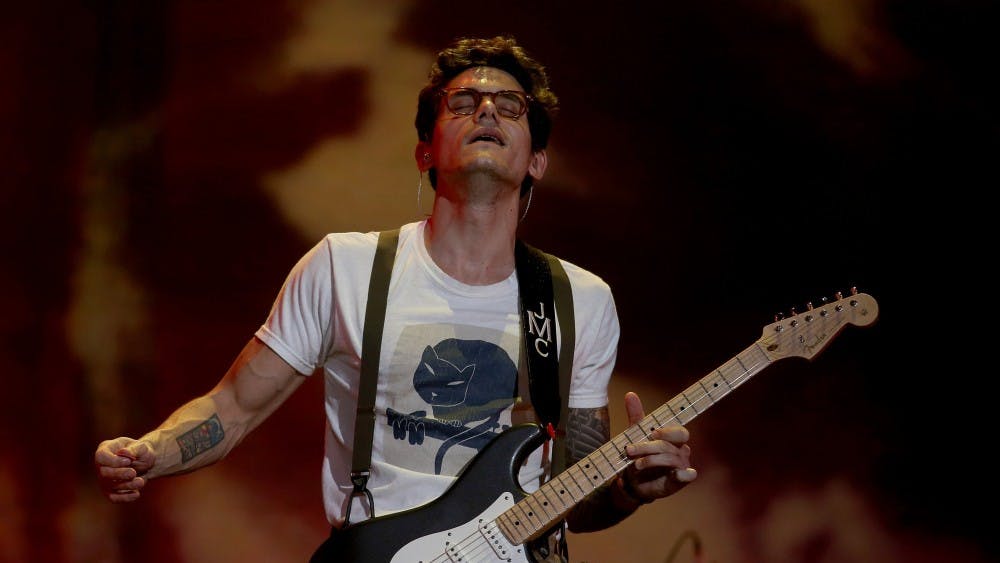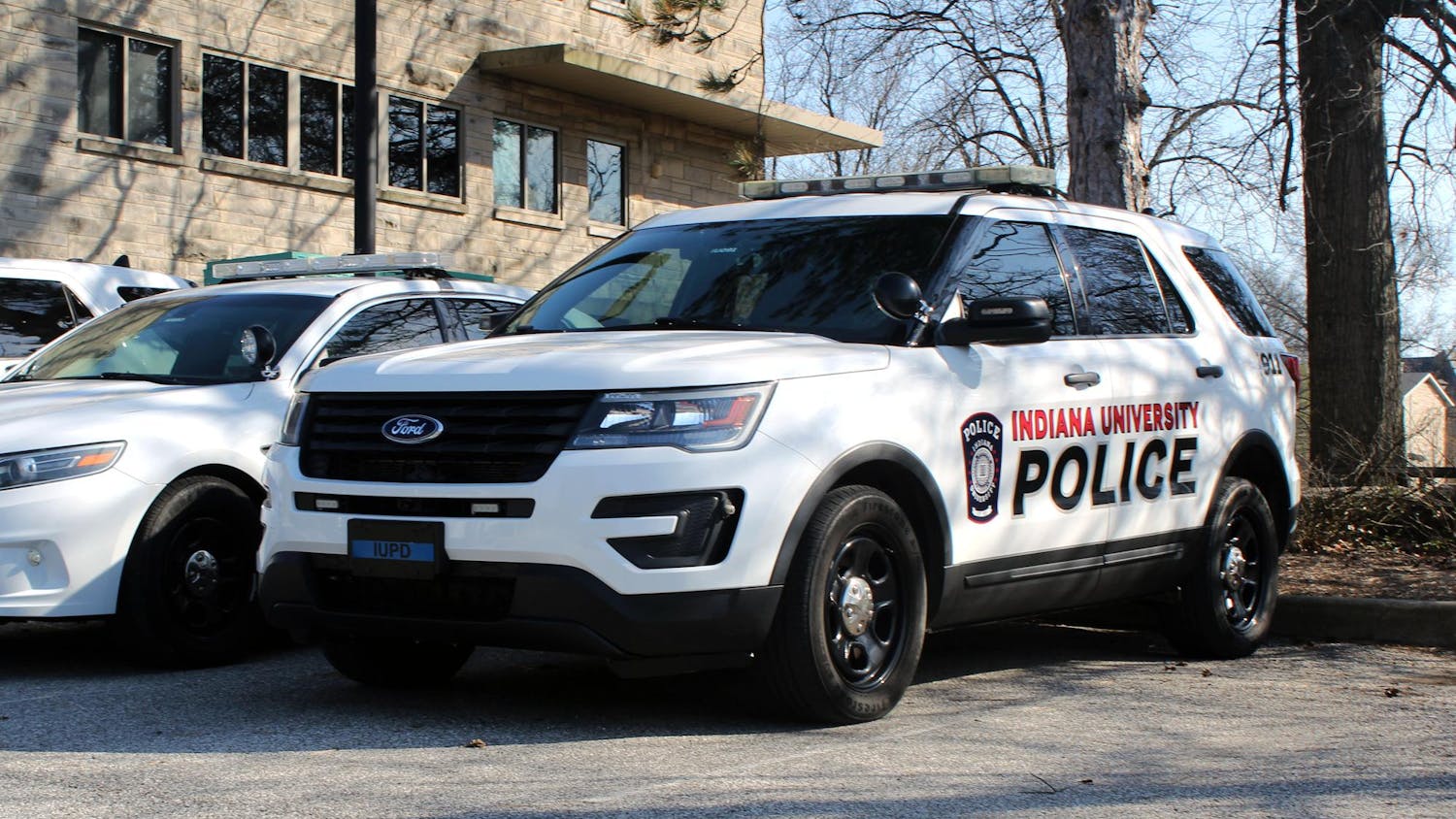“Take Care,” his sophomore LP, takes a definite step away
from that subject matter and relishes in a sentiment more in line with the
title – take care, fuck you, good riddance. Here, Drake creates something of a
hip-hop opera that’s an ambitious sprawl of dimly lit tracks, chock full of
lavish production and tremendous overstatement. This is, after all, the weird
world of Drake, where drunk texts read like wedding vows, strippers are sirens
in need of saving and your best friend is Lil Wayne. But that world works well here for Drake. He steamrolls
through the door of honesty rap that Kanye West so (in)famously opened with
“808s and Heartbreak” three years ago, perfecting the rapper as a
sometimes-brooding, sometimes-jaded lover/player. Everything about “Take Care”
is intensely personal, starting with the recording process. Laid down entirely
in his hometown Toronto, the album credits longtime collaborator Noah “40”
Shebib on nearly every track; there’s also extensive help from another Toronto
local, The Weeknd’s Able Tesfaye. The LP constructs the perfect sonic wonderland for its
mastermind, complete with cool, murky waves of synth, purposeful percussion and
space – lots of space. Its construction testifies
to Drake’s well-trained eye, crazy work ethic and honed craft. He has indisputably stepped up his rap
technique, but the low-key numbers impress most, because, as a crooner,
Drake has never been more on-point. He
sidles from one broken romance to another, copy-pasting diary entries and maneuvering
similar arrangements of trickling lounge piano, echoes and drums. “Look What
You’ve Done” sounds like Drake’s version of
‘Ye’s “Hey Mama,” a sensitive celebration of family and their role in
his life. On the seedier yet still romantic side, Drake’s stripper complex comes
to life on “The Real Her,” which features a song-stealing verse from Andre
3000. But even some of those R&B-influenced numbers are crippled by Drake’s
earnestness and suffer from lines like “We live in a generation of/ Not
being in love.” Predictably, Drake
makes rationalizing the overly personal with his affinity for hustler bravado
very tricky. On one of two interludes, Kendrick Lamar out-Drakes Drake,
delivering a lethal, cryptic verse on restlessness and fame that might be the
album’s best, apart from 3 Stacks’. In fact, even though Drizzy’s technique has
improved, his guest list kills him like a firing squad, making it more difficult to stomach his
raps that are so reliant on self-aggrandizement. It should make sense, then, that the album droops most
noticeably when it attempts conventional hip-hop. Drake’s penchant for lyrical
facepalms persists, with wordplay like “She says you’re such a dog/ I say
you’re such a bone,” on “We’ll Be Fine,” which features Birdman, the only guest
that doesn’t kill Drake. Instead, he literally shows up only to rustle money in
the mic and assert Drake’s “gangster shit.” (Weren’t we past Drake and any
notion of street cred?) Rick Ross
verbally assaults the young emcee on “Lord Knows,” a huge, opulent Just Blaze
beat with a live church choir sample that blows him away with lines like, “Only
fat nigga in a sauna with Jews.” Even when Drake's lyricism works, the
execution doesn’t, like on “Underground Kings,” when he uses the same flow over
and over (and over). His best raps come on tracks like “Crew Love,” a groggy
bout of syncopated percussion and wispy vocals. With a production assist from
Tesfaye, Drake captures both drug-induced paranoia and euphoria at the same
time. Those rhymes evoke the best sentiments of “Thank Me Later,” equal parts
measured swagger and strung out youth. So despite his
unsurprising rap inconsistency, Drake’s attraction to introspective ballad-like
material conceives brilliant efforts like the title track, a sexy, stilted
duet with Rihanna that tweaks a Jamie XX sample of Gil-Scot Herron. As a whole,
Drake leaves his rather noticeable fingerprints all over “Take Care,” reflecting
his attention to detail and pure ambition.
Although he sometimes pales next to his guests, “Care” succeeds on a
near-brilliant level as a whole. It succeeds both because of Drake and,
occasionally, in spite of him, resonating as a sprawling, ambitious musical
narrative where the divide between
Drake the rapper and Drake the artist has never been more apparent.
Drake's Dear Diarizzy
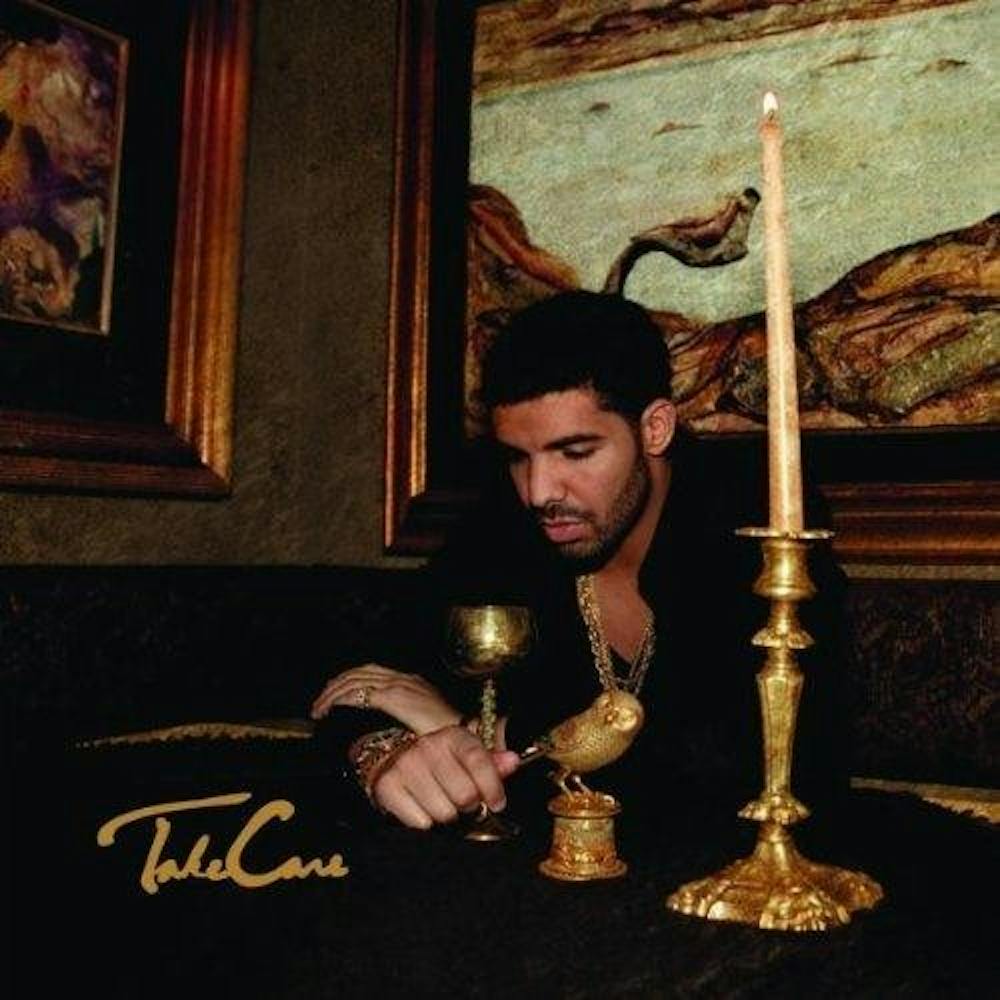
Get stories like this in your inbox
Subscribe


